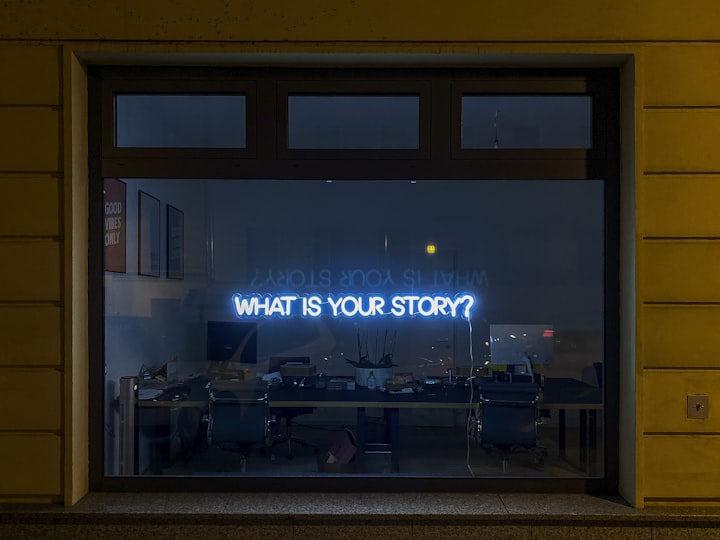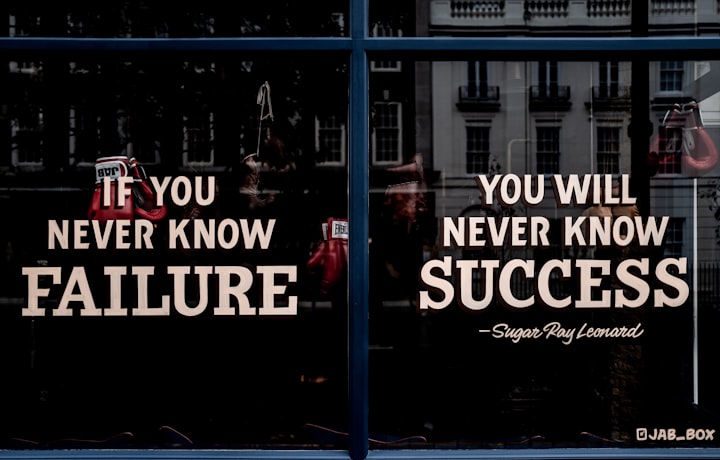Pros/Cons of Self and Traditional Publishing
writing tips

Hi, I'm back, and for this post, I will be talking about the pros and cons of both self-publishing and traditional publishing.
I realize this isn't usually the type of writing stuff I talk about in these posts. Still, I find it to be a relevant topic, especially since it is NaNoWriMo and because of Vocal's book challenge underway.
Now, I've never gone the traditional route, and I don't plan to, but I know a lot about how it works. And I know the ups and downs of self-publishing.
Pros of Self-Publishing
One of the biggest reasons why more authors choose to become indie is because they have direct control of their content and rights.
Many publishing houses will ask you to make changes to your story before they consider it ready to be released. But sometimes, those changes can impact your story so much it becomes different.
But you get to decide what stays and goes when you do it yourself. And you can also make revisions to your manuscripts later on.
Your royalty potential is much higher as well. With self-publishing, you can earn up to seventy percent in royalties. I'm sure the numbers vary depending on which avenue you choose, but it's still much higher.
And you have the potential to receive royalties for your whole life. Places like Amazon KDP print books whenever someone buys a paperback published through them.
That sounds pretty good to me. And Amazon is an awesome platform to go indie. They help your book be the best it can be, providing tools like Kindle Create, which gets your book ready for release in its formatting requirements.
Some bookstores will help you too, such as Village Books in Bellingham, WA. And I'm sure there are others too.
Cons of Self-Publishing
The biggest downside to going indie is that you have to do everything yourself or hire out. Book cover designs, editing, formatting, marketing are all involved with releasing books, and they take work.
Another thing to be mindful of is that you might not reach as many readers if you go indie. There are thousands of indie books being released every day, all vying for the top spots.
Yes, great places like Barns and Noble, Amazon, Wattpad, and Goodreads support self-published authors and make the process as smooth as possible. But unless you push the marketing aspect, your book can fall through the cracks and not sell.
And while I realize many indie authors, new ones especially, don't have bags of money to spend, I wouldn't recommend doing all of these things on your own.
You don't want to completely screw with potential sales because of a bad cover, writing mistakes, or emails that aren't working the way they are supposed to be.
Luckily, there are sites that you can hire freelancers to do some of this for you, such as book cover design and editing. You can hire someone to assist you with your marketing strategies.
In addition, there are also loads of books, websites, and computer programs that are all about self-publishing, editing, marketing, and cover design you can utilize.
Pros of Traditional Publishing
A large plus to going the traditional route is that you don't have to do everything of your own. Editing, book cover design, and marketing are taken care of by the publishing house, although you will have to participate in some of the promotional stuff.
Your book will most likely look more professional, no matter the genre. I'm not saying self-pub books can't, but you can often tell the difference.
Plus, you have a higher chance of seeing your books in stores if that is your goal. Publishing houses have vast resources to help you get from manuscript to polished book. Even the smaller ones have resources at your disposal.
Not to mention the validation using a publisher brings. I would think it feels pretty damn good.
Cons of Traditional Publishing
One problem with doing traditional is that, despite the advance, you only receive twenty-five/thirty percent of all royalties your book earns. And you may not get it for your whole life because there are only so many copies created at any given time.
They won't print more of your books if it doesn't do well. After all, they want to earn a profit and won't waste their time on anything that doesn't.
Plus, unless it's a second or third edition deal, you can't make changes to your book as easily, of at all. Even updating the cover is an event. Or you have to make changes you don't want to make.
I can imagine that would suck if you were told it needed significant changes. And I'm not talking about basic editing either. I mean those that can alter the meaning of what you were trying to write.
***
So, there you have it. The pros and cons of self-publishing and traditional publishing. I hope this has been helpful for you. And I hope you do what is right for you.
Until next time, write on!
Thank you for the read! Likes, tips, shares, and subscriptions are always loved :)
About the Creator
Amethyst Champagne
I create fiction, short stories, poetry, and more!
Subscribe to The Life of a Gem and The Writer's Corner for exclusive content!
And visit my website if you need help editing your fantastic story!






Comments
There are no comments for this story
Be the first to respond and start the conversation.